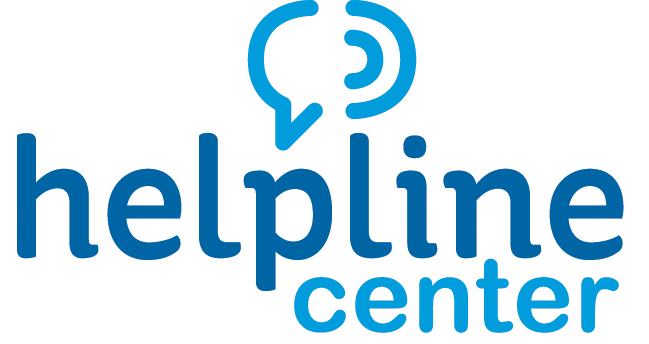Substance Use Treatment Options
What is Substance Abuse?
A Substance Use Disorder (SUD) (formerly referred to as substance abuse, chemical dependency, or addiction) is a disease that affects a person’s brain and behavior. SUD results in an inability to control the use of drugs and/or alcohol leading to health problems, or interferes with the ability to work, go to school, and maintain good relationships.
Common substance use disorders include Alcohol Use Disorder, Tobacco Use Disorder, Opioid Use Disorder, Cannabis Use Disorder, Stimulant Use Disorder, or Hallucinogen Use Disorder.
When to Seek Help for Substance Use?
It may be difficult to recognize when substance use becomes a disorder (abuse and/or dependence). Signs of a substance use disorder may include:
- Reliance on substances (drugs or alcohol) to get through the day
- Needing more of the substance to experience the same effect
- Needing to continually use to avoid symptoms of withdrawal
- Continuing to use even when you know it’s causing problems in your life
- Spending more than you can afford to maintain a supply of substances
I Want Treatment, Where Do I Start?
Treatment typically begins with a clinical assessment where the nature and extent of your substance use disorder will be evaluated. This will determine which treatment options are best for you. To find a facility offering substance use assessments call 988 or visit the Helpline Center Website
What are the Treatment Options for SUD?
Effective treatment will vary from person-to-person. Treatment options include medical and behavioral health services that are often used in combination.
- Detoxification – process of eliminating drugs or alcohol from the body.
- Outpatient Individual and Group Counseling – assessment, treatment planning, and counseling services offered by trained professionals
- focused on reducing or stopping substance use
- may take place in a private practice, outpatient facility, or inpatient/residential facility
- Inpatient and Residential Treatment – addressing substance use disorders requiring round-the-clock attention
- residents are placed in 24-hour care and may receive both medical and behavioral health services
- Medication-Assisted Treatment (MAT) – combines behavioral therapy and medications to ease the symptoms of withdrawal, reduce cravings, and block the brain’s ability to experience the substance’s effects
- Support Groups and 12-Step Programs – non-clinical services often provided by peers or others in recovery, typically used in combination with treatment
- Specialized Living – provides safe and supportive living environments for those recovering from SUD who want to maintain abstinence from alcohol and drugs (i.e. halfway houses, recovery homes, sober living homes)
How can I pay for treatment?
If you have insurance, check with your provider to see what they cover.
Many people may avoid treatment for their substance use disorder due to costs. Individuals who meet program and financial eligibility guidelines or who have considerable personal circumstances may qualify for state funded services.
If you are in crisis, please call 988, For more information, call 211 or search our online database:
- helplinecenter.org/2-1-1
- Enter your Zip Code
- Select Substance Use (or Addictions) category
- There are multiple subcategories to explore
- You can also create a customized list. Add individual programs/offices by clicking the “Add to My List” icon, or add a whole category by clicking “Save Category”
- Select Substance Use (or Addictions) category
Sources:
- American Addiction Centers: https://americanaddictioncenters.org/rehab-guide/free/
- SAMHSA MAT: https://www.samhsa.gov/medication-assisted-treatment/treatment#medications-used-in-mat
- Substance Abuse and Mental Health Services Administration (SAMHSA): https://www.samhsa.gov/find-help
Disclaimer: This HelpSheet is developed by the Helpline Center. HelpSheets provide a brief overview of the designated topic. For more information, call 211 or text your zip code to 898211.
Updated: July 2024






